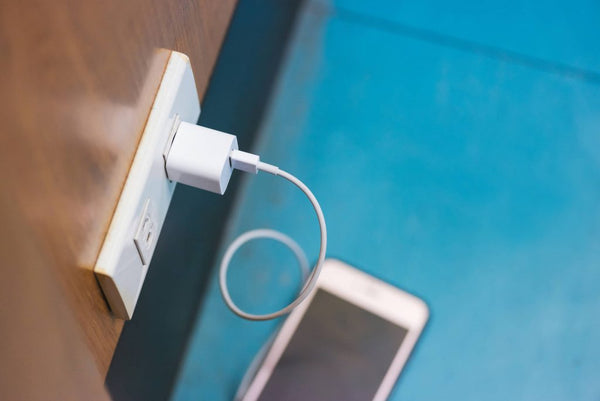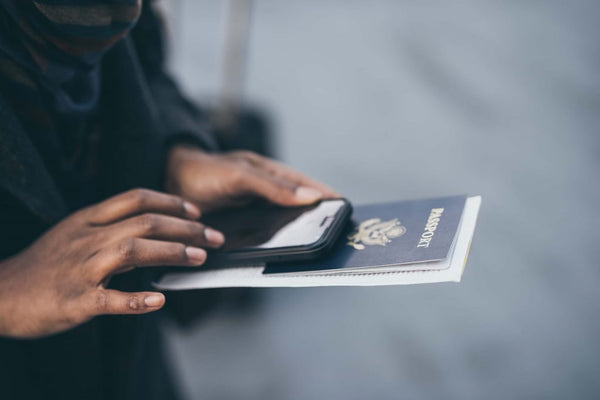In this day and age, network security has become easy to exploit, which is especially frightening when technical tools and scripts that anyone can download are widely available.They even come with colorful and easy-to-use instructions, and they can do gentle things like cracking passwords (yes, gentle) or even stealing your bank account details and hijacking your TAC (obviously not gentle).
So how do you protect yourself from airports? We provide you with 5 exquisite and simple steps!

Be careful when using public WiFi
This is the most obvious step. While the airport may be friendly enough to provide you with free WiFi, so you can upload all the great Instagram photos of your trip and even text your worried parents on landing, this is the worst thing you can do for the Internet.
Because the line is so insecure, there could be unscrupulous people sniffing around the network for any form of data traffic information (login details, bank accounts, if your significant other doesn't want to release emails to the public, etc.). And because you are on the same network, you can and will receive any packets containing the information you send.The worst part could be anyone.
Protect your card
Your bank may have updated the information you insist on switching to an RFID-enabled card.While this is a great feature, many people have special applications on their phones that allow them to steal your card's RFID information.They may then make unnecessary purchases that you cannot track, and the bank may not be able to compensate you.Therefore, to prevent this, disable THE RFID functionality on your bank and/or ATM, or get an RFID blocking wallet.
Be careful free charging ports
Is the charging cable booth considered safe? Not really! In many cases, these kiosks are compromised at the back door, which actually connects the cable to the computer system (or worse, if you're an Android user).Once plugged into the phone, they will automatically access your data and start downloading almost immediately. However, there are several ways around this -- just set the phone to ask for administrative permission when it connects to any (known or unknown) device.Or, you can own your own cables, plugs, and international adapters, and then find a power outlet and set up camp there!

Keep your laptop turned off
If you lose your laptop during a trip, be aware that if anyone physically owns your laptop, there is a high chance of breaking passwords or accessing all your files.You can use the anti theft travel backpack to protect everything.You can even pair it with a combined padlock acceptable to the TSA.
Keep your passport safe
Finally, apart from your bank details, the most important thing is actually your passport. Although many of these have been updated to contain sensitive biometric information that makes it easy to pass through automatic doors, it is not surprising that they also contain some form of RFID.
Identity theft is a high potential risk because passports contain full names, ID Numbers, Social Security Numbers and even fingerprints.




